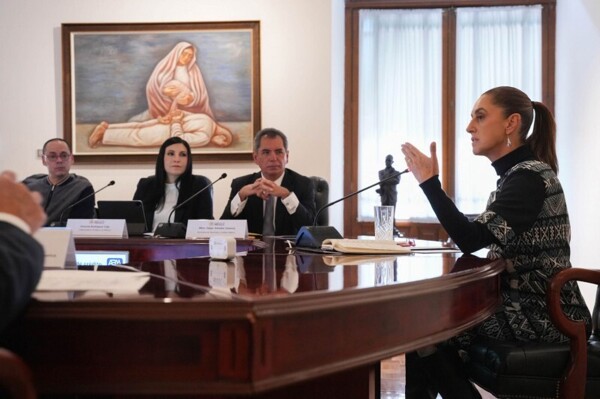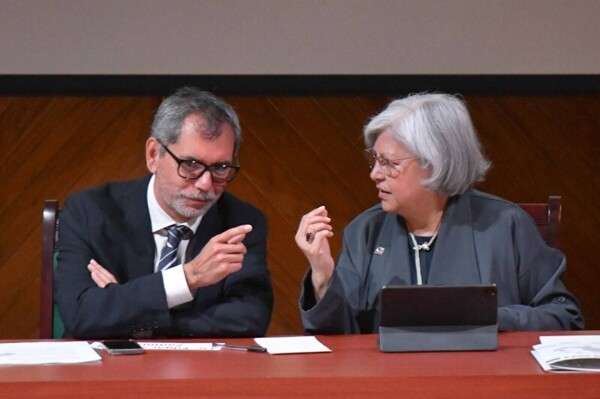
Julio Carranza Bolívar, outgoing president of the Mexican Banking Association (AMB), highlighted that small and medium-sized enterprises in the country face barriers that prevent them from accessing formal business accounts, resulting in obtaining informal loans with significantly higher interest rates. For example, in the case of a loan of 100,000 pesos for 18 months, the average rate from banks is 16%, while other informal intermediaries reach up to 45.1%.
In this scenario, the ABM announced that the banking sector will sign an agreement with President Claudia Sheinbaum to establish working groups aimed at finding alternatives to reduce the costs and interest rates that SMEs pay for bank financing. The initial commitment is to increase access to bank credit to 30% of small and medium-sized enterprises in the country, offering more affordable costs by the end of Sheinbaum's term.
Despite Sheinbaum's request to lower interest rates for SMEs, Carranza explained that such a reduction cannot be done immediately, as the average bank rates of 16% are four times higher than the inflation rate and are correlated with default risks. According to the outgoing president of the ABM, lowering rates by decree is "practically impossible" and structural barriers that limit access to formal credit need to be addressed, such as informality and the lack of financial information from companies.
Carranza emphasized that limited access to formal financing is due to the self-exclusion of SMEs, which perceive bank credit as expensive and difficult to access, contributing to their participation in informal loans. Despite the intention of banks to facilitate access to credit, addressing these barriers will require coordinated efforts and solutions that promote the formalization and participation of companies in the banking system.














